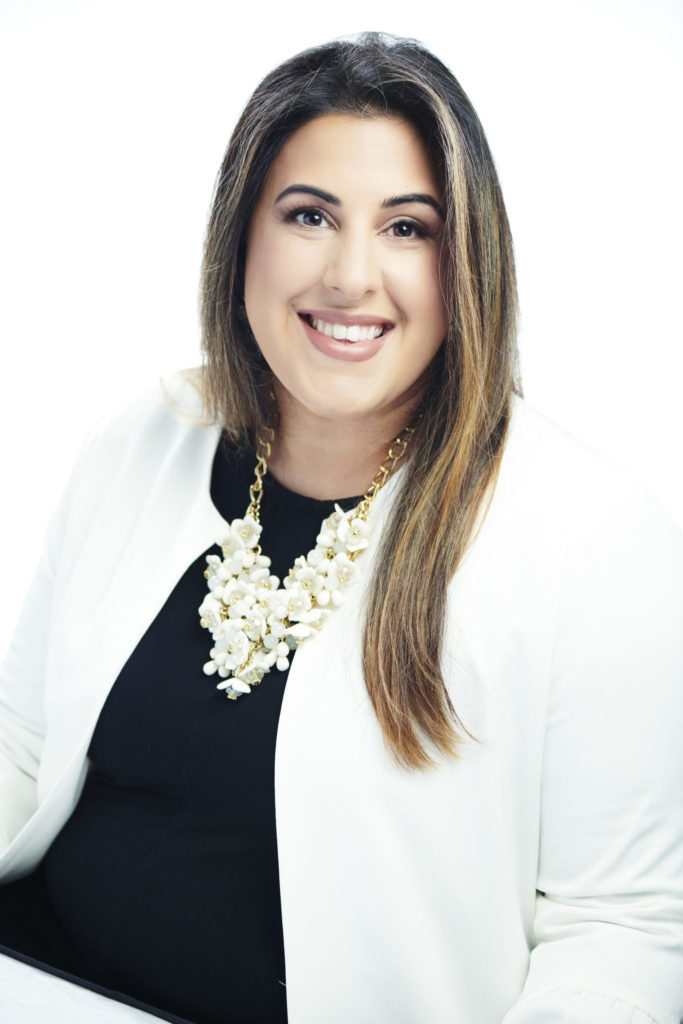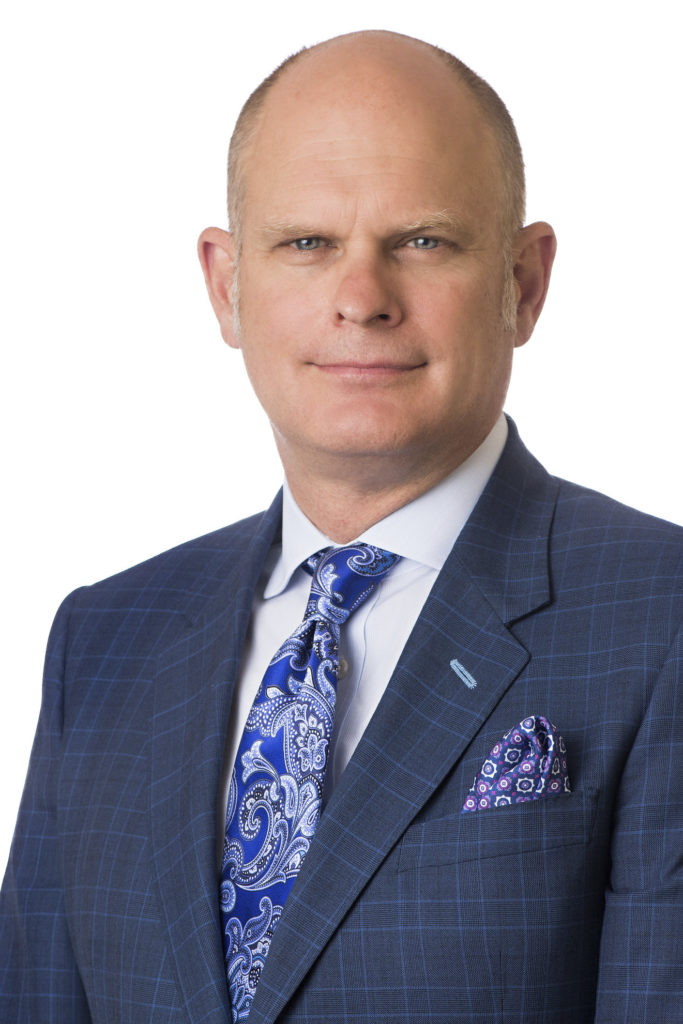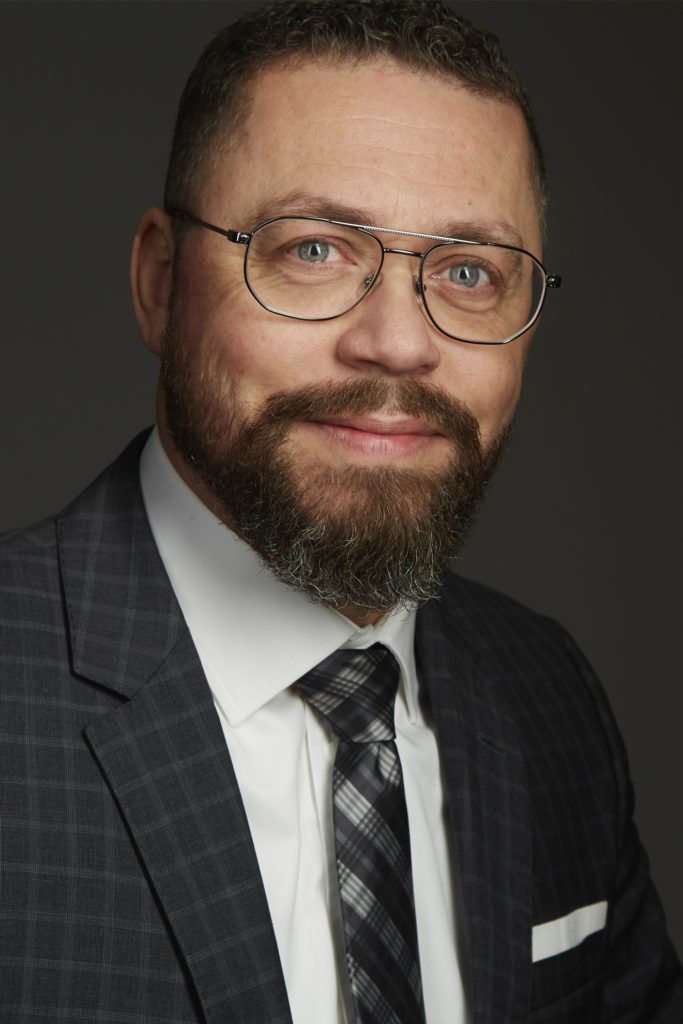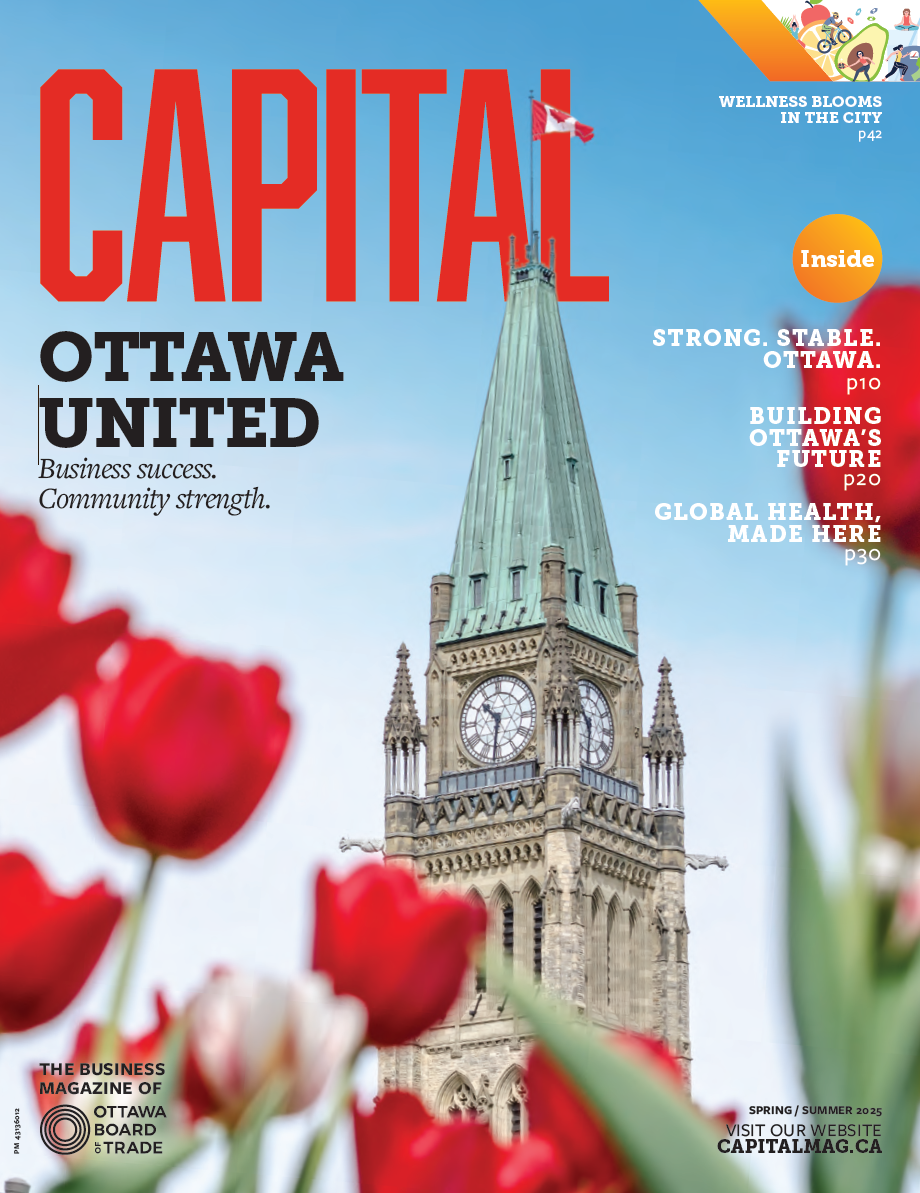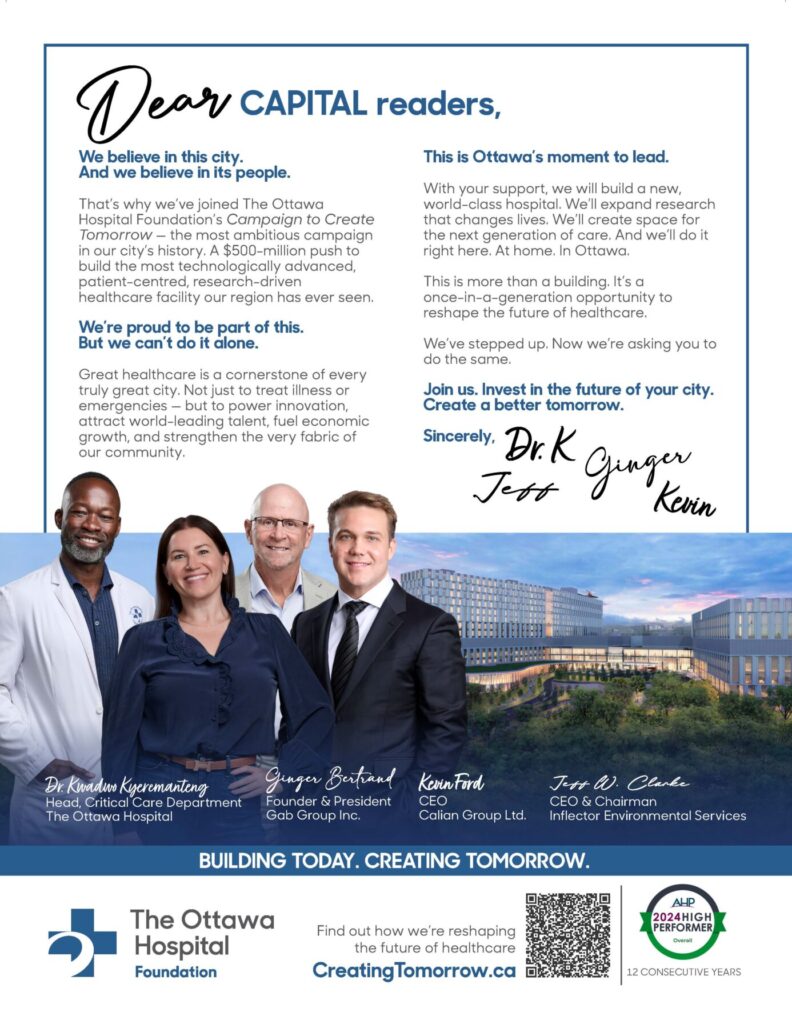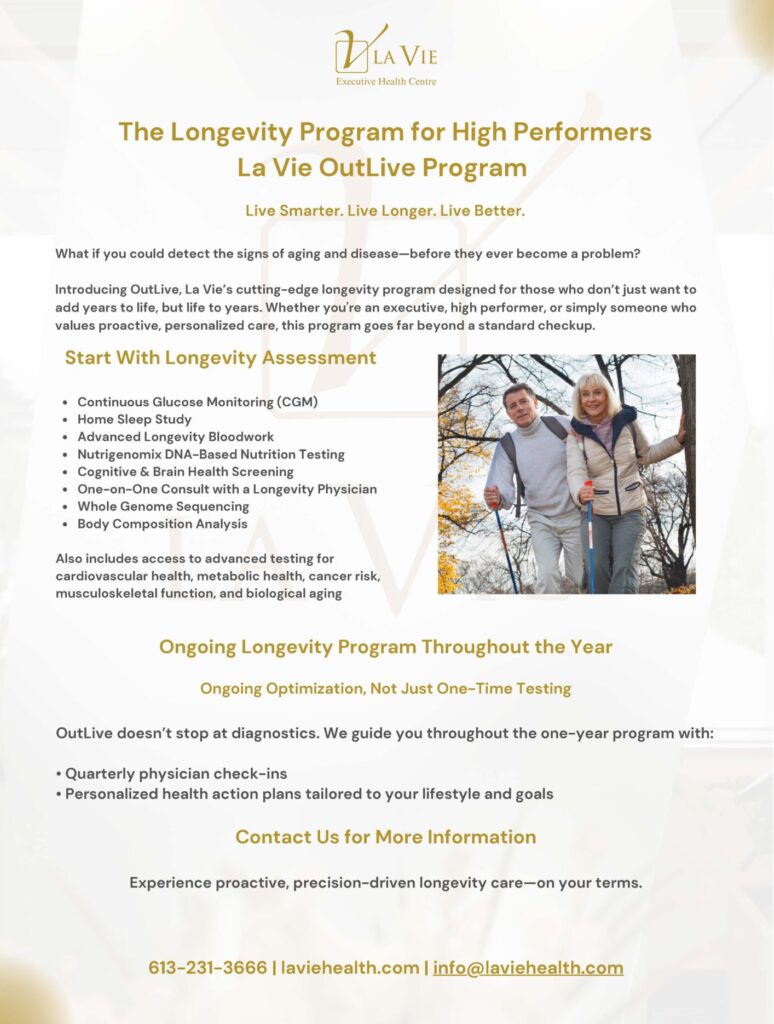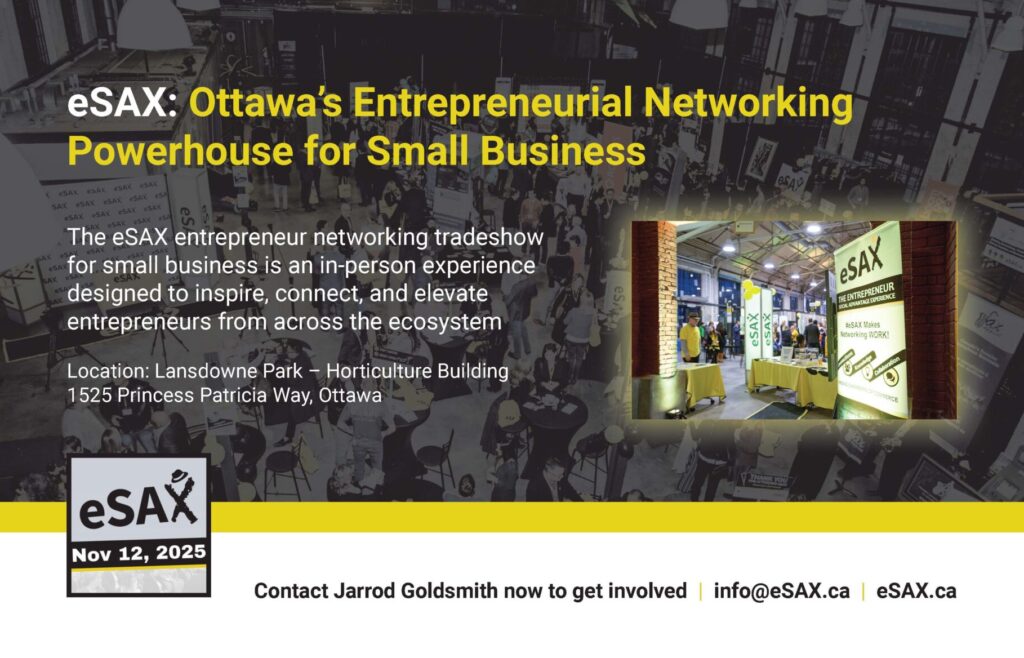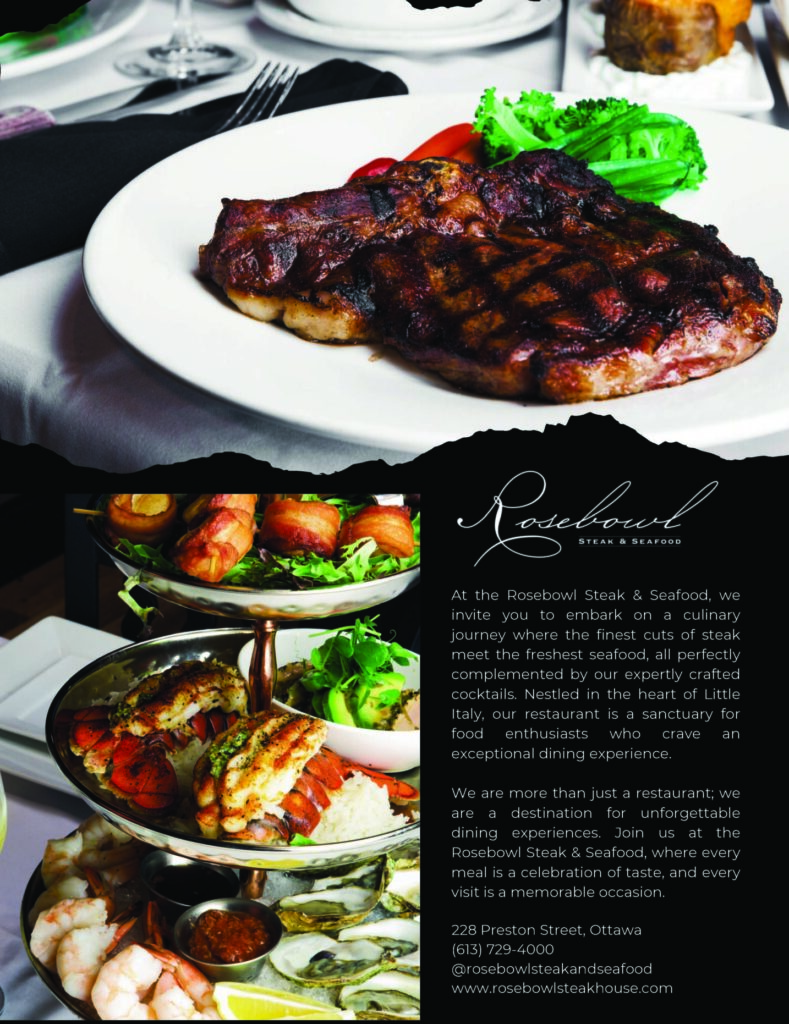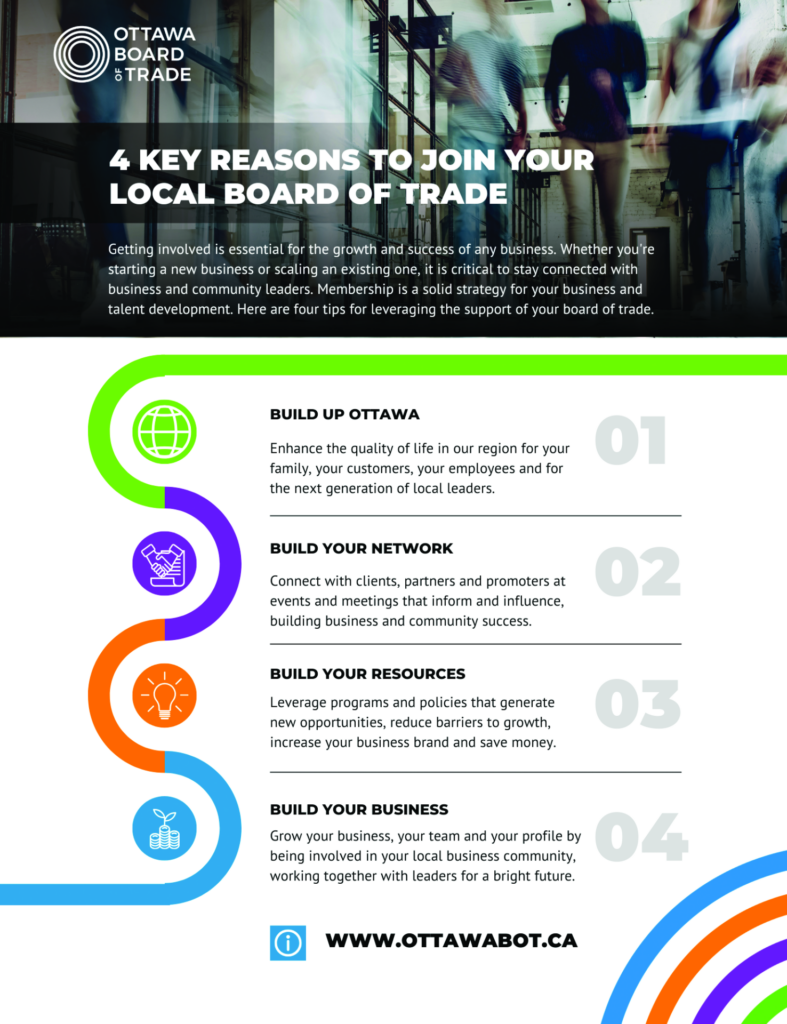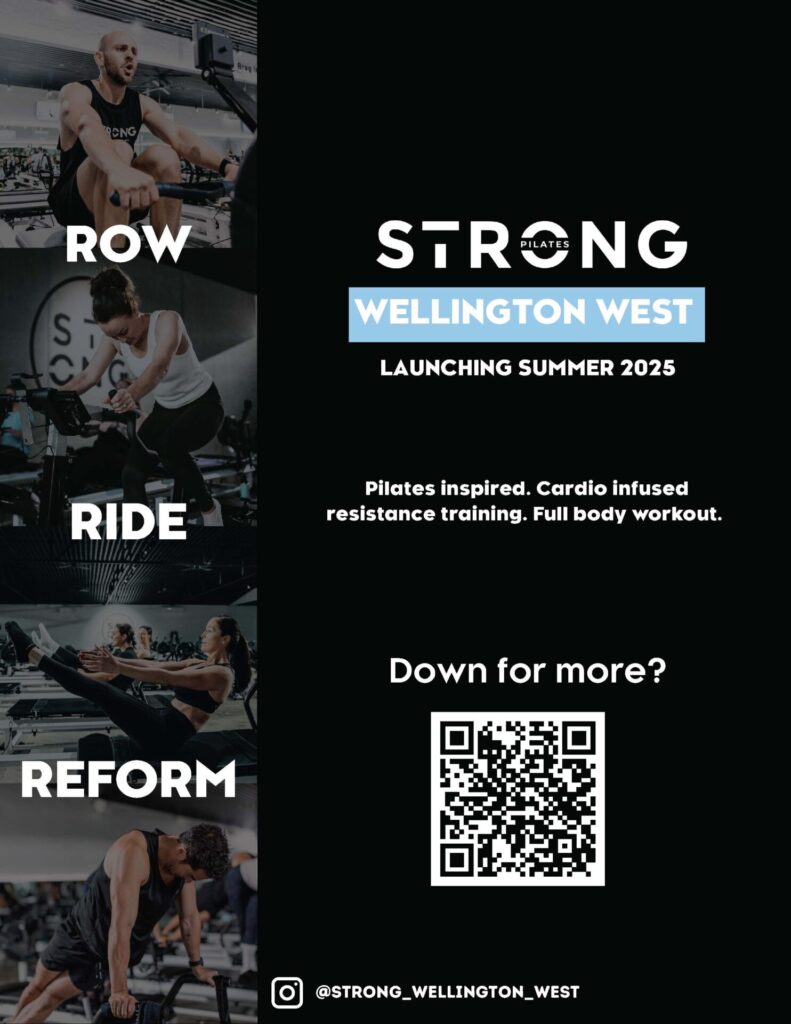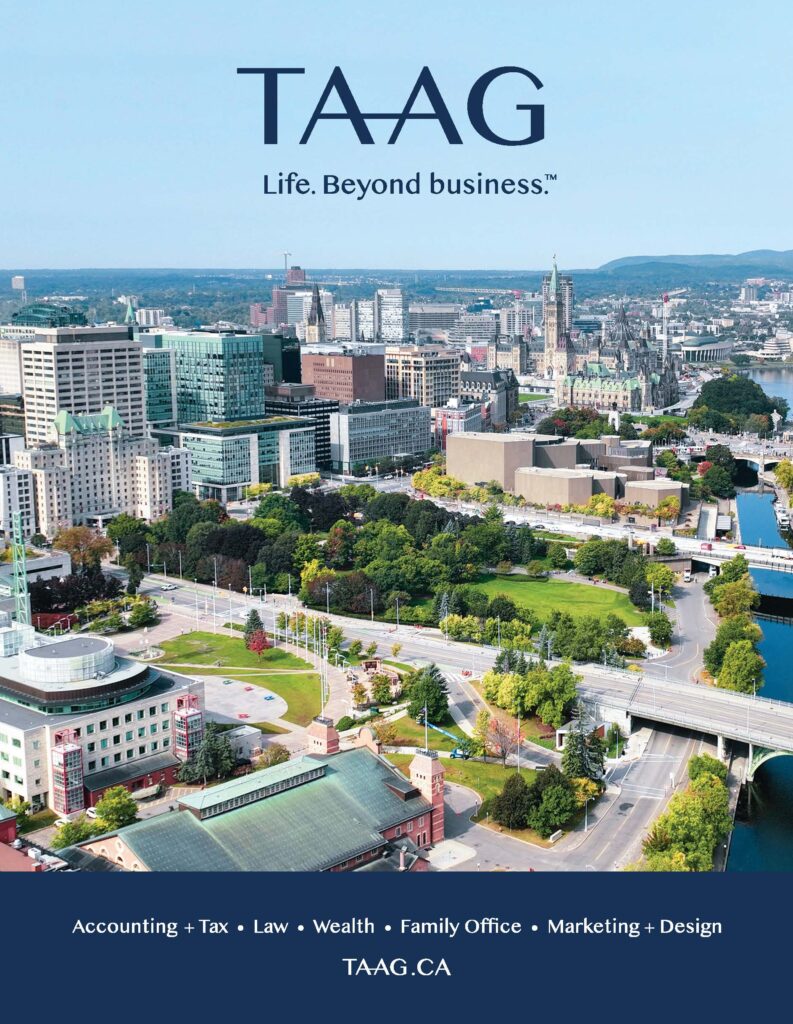C-Suite View – The Experts on Building Back Better
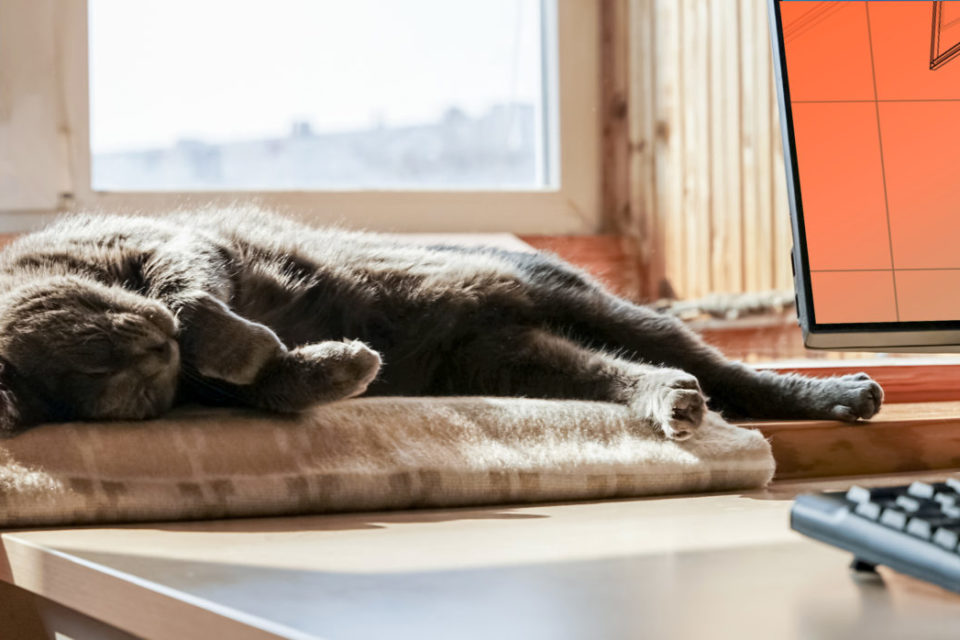
By Jenn Campbell
As the capital rebounds from the adversity of the global pandemic and as more employees return to the office, local business leaders are looking to build on lessons learned from surviving through these years of challenge and hardship. They’re also looking for ways to harness the talent of their people so they can build an exciting new future together. Capital magazine talked to three community leaders about how to build back better.
Priya Bhaloo, COO for TAG HR and member of the board for the Ottawa Board of Trade, says communication is the most important priority for rebuilding, just as it was throughout the pandemic.
“When you look back, we’re all figuring things out together, trying to make the best decisions we could given what information we had. A lot of businesses put together a return to work for Sept 1, but [then they started to rethink that.]
Bhaloo, a human resources specialist, says the more flexibility employers can offer their staff, the better.
Meanwhile, integrating technology — such as video calls and virtual meetings — that will help to make people’s lives easier should also be a workplace priority.
“We don’t always need to have a face-to-face meeting to discuss things back and forth,” she says.
She also encourages workplace teambuilding, even if it’s virtual.
“We did happy hours and water cooler talk, which was especially important for young people who are living alone,” she says, adding that it was also important for colleagues who’d been hired on during the pandemic and hadn’t met their colleagues in person.
For the happy hours, Bhaloo always asked questions of staff before the event, and then made co-workers guess the answers, so they might ask, for example, “Whose favourite movie is Goonies?” Again, given that some coworkers hadn’t met each other in person, it was important to make it fun and inclusive for all.
When it comes to talent, Bhaloo notes that the pool has expanded because employers can recruit from across the country or even the continent, partly because Ottawa is an attractive city, especially compared to larger centres that saw more crises in COVID.
Similarly, Shawn Hamilton, vice-president of business development at Canderel Group, says the pandemic has brought about the realization that businesses are nothing without their people.
“Businesses that are struggling are those that aren’t able to find people in terms of talent,” Hamilton says. “How do we future-proof in terms of lessons learned? At this point, it’s all about catering to human capital. The conversation about attracting talent used to be on the pointier end of the paradigm, but now we see that’s across all levels, to people entering the workforce and people in less skilled fields.
Hamilton was talking to some New York colleagues and they told him that restaurants are having difficulty finding dishwashers, even when they advertise an hourly wage of US $40.
“It’s not just a question of paying people more,” Hamilton says. “It’s a quality-of-work experience. The days of harsh working environments or being insensitive to workers across all elements is a thing of the past.”
He says Ottawa has a lot of things going for it in terms of pandemic recovery and future economic growth.
“We’ve got education, and, on a national basis, we’ve got affordability and quality of life,” he says. “We have the ability to churn out talent and a nice balance between public and private sector employers and global recognition as we’ve now become a top-10 tech hub in North America.”
In conclusion, Hamilton said: “We’re in the age of humanism. Profits will be the byproduct of fostering people.”
Tim Boock, VP of sales at Ad Caffeine says his advertising and marketing firm has learned a lot about the company’s employees and the kind of person it wants on staff.
“In the last year and a half, we’ve learned a lot of lessons and we’ve also determined who’s on our team. You’ve got people who will run into the fire and others who will run away from the fire. We’ve found those who are prepared to do whatever it takes to make us successful despite the adversity. Those are the people on our team now.”
He says as Ad Caffeine faces “a new normal,” he can take advantage of the new ways of doing business — where videoconferencing is king.
“We’re a small company so we can make quick changes,” he says, adding that he can envision virtual operations all over the country, even if most staff members still live in Ottawa. “One of the things for us going into this new world is to understand that what got us here won’t get us there.”
He says he used to manage a few meetings a day, but in working from home, he can do as many as eight. He says he has better work-life balance working from home while others like to come into the office a couple of times a week, either for the opportunity to interact with coworkers or for a quieter place to concentrate.
“From a hiring perspective, we’re looking for people who fit our culture,” he says. “There is no such thing as ‘not my job’ or ‘I don’t feel like putting in a little extra effort.’ They need to be prepared to move quickly and not get bogged down in red tape and bureaucracy.”
And from a work perspective, Boock expects to be travelling less.
“We used to do client marketing presentations across North America,” he says. “I’d fly out, ask people to drive across the city, park, get out of their car, sit through a presentation and then drive home again. That doesn’t work in a pandemic so we had to adjust our business model. We used to say we should look into doing virtual presentations. Now we do. I can do it in five different markets on the same day. It was a necessity, but it’s made us better and stronger and faster.”
